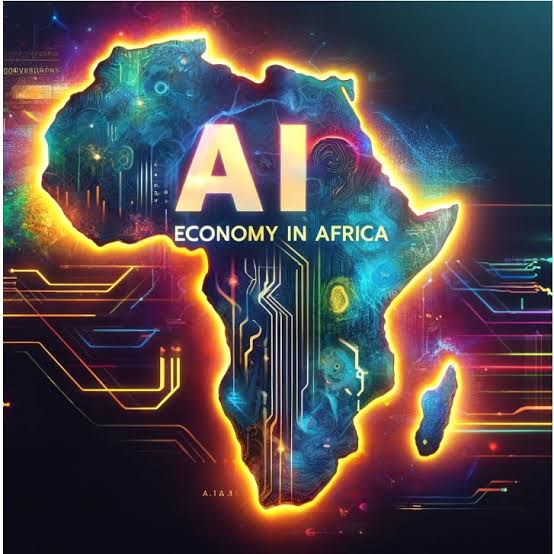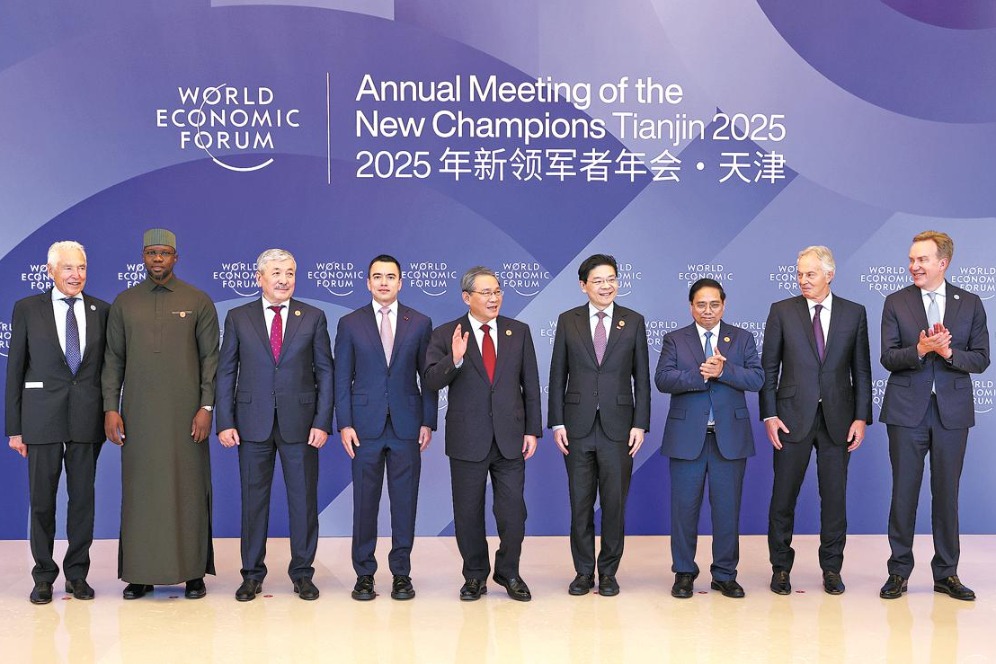BRI Nations Prioritize Innovation for Development

The Second Belt and Road Conference on Science and Technology Exchange, held in Chengdu, Sichuan province, served as a pivotal platform for senior officials from countries involved in the Belt and Road Initiative (BRI) to reaffirm their collective commitment to innovation-driven development. This approach was underscored as the essential pathway to effectively address pressing global challenges. Concurrently, the Second Belt and Road Ministerial Meeting on Science, Technology and Innovation brought together science and technology ministers from 41 BRI nations for extensive discussions.
During these meetings, participants delved into exploring new potentials and paradigms for technological cooperation, with the overarching goal of establishing a robust science, technology, and innovation (STI) community along the BRI. Chinese Science and Technology Minister Yin Hejun, who hosted the ministerial meeting, emphasized China's unwavering dedication to fostering an open, fair, just, and non-discriminatory international environment for scientific and technological advancement. This commitment is strategically aimed at collaboratively tackling critical global issues, including climate change, food security, and energy security.
Minister Yin highlighted China's significant contributions to international STI cooperation within the BRI framework. He noted that China has successfully signed bilateral government-to-government agreements on scientific and technological cooperation with over 80 BRI countries. Furthermore, China has established more than 70 BRI joint laboratories and 10 international technology transfer centers, underscoring a tangible expansion of collaborative infrastructure. Beyond these initiatives, China has been actively engaged in facilitating scientific and cultural exchanges, fostering collaborations in science parks, and organizing specialized cooperation in key technological domains. These areas include sustainable development, space information, poverty alleviation, as well as innovation and entrepreneurship, all of which have significantly bolstered the continuous infusion of innovative drive into the high-quality advancement of the BRI.
A core principle articulated by Minister Yin is China's adherence to an international scientific and technological cooperation concept founded on openness, inclusiveness, mutual benefit, and sharing. This philosophy underpins the country's dedication to building a thriving STI community with other BRI countries, ensuring that technology and innovation serve as powerful enablers for the social and economic development of all involved nations.
The consensus forged at the meeting culminated in the introduction of the 'Chengdu Declaration on Jointly Building the Belt and Road Science, Technology and Innovation Community'. This declaration unequivocally states, “We recognize that in the face of global challenges such as climate change, public health, environmental protection, energy security, food security, and poverty, the only way forward is for countries to work together.” It further articulates a shared willingness among member countries to strengthen STI policy communication, share development experiences and best practices based on diverse national needs and experiences in driving sustainable socioeconomic development through innovation. This includes a commitment to jointly implement the Belt and Road Special Cooperation Program for Sustainable Development Technology.
Crucially, the declaration also pledges support for research institutions, universities, companies, and think tanks from various countries to establish cooperation networks and mechanisms. These networks aim for a deep integration of industry, academia, and research, fostering strengthened joint research and development, and facilitating technology diffusion in important scientific and technological fields. Such collaborative efforts are designed to collectively address global challenges through STI and advance the implementation of the United Nations 2030 Agenda for Sustainable Development, solidifying the long-term vision of a united front against complex global issues.
You may also like...
In the Shadows of the Signal: How Africa is Fighting a War It Cannot See

The article discusses the growing threat of cyberattacks in Africa, likening it to a "quiet war" being waged through dig...
Beyond Fintech, A Continent on the Rise

Africa's tech landscape is rapidly diversifying beyond fintech. Discover how innovation in sectors like AI, health tech,...
Should Religion Still Dictate Morality in a Secular Age?

This bold essay unpacks the complex relationship between faith, law, and public life—exploring where religion uplifts mo...
Africa’s AI Moment: Are We Innovating or Just Consuming?

As AI reshapes Africa’s digital landscape, the continent stands at a crossroads: Will it lead innovation or remain a tes...
The Rise of AfroAnimation: How African Studios Are Telling Our Stories With Global Appeal
(26).jpeg)
African animation is breaking boundaries as studios across the continent craft vibrant, culturally-rooted stories with g...
Digital Dakar: Why Senegal Is Africa’s Next Fintech Capital

Senegal’s capital, Dakar, is emerging as Africa’s next fintech powerhouse, driven by mobile money innovations, a youthfu...
The Global South Doesn’t Need a Savior: It Needs Equity

This incisive essay dismantles the outdated saviour complex, calling for a bold shift from patronising charity to genuin...
The Strangers Next Door: A New Dilemma at Africa’s Threshold

The article discusses the deportation of African nationals by the United States to eSwatini, a small southern African ki...




